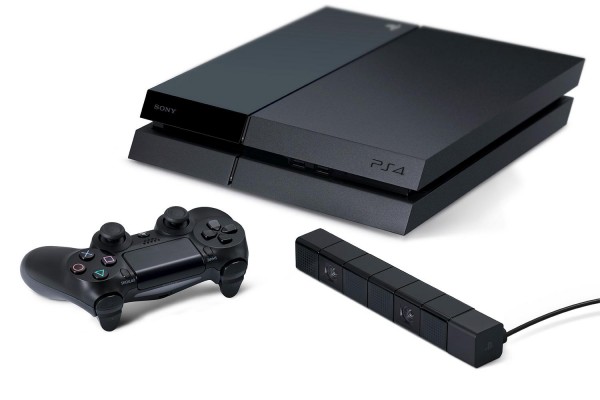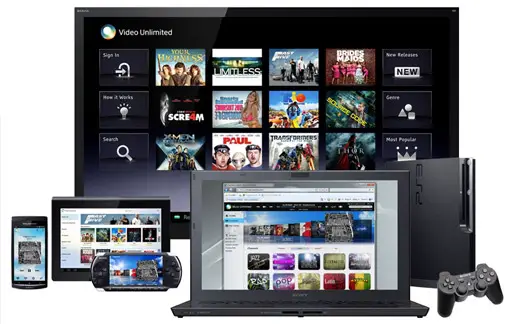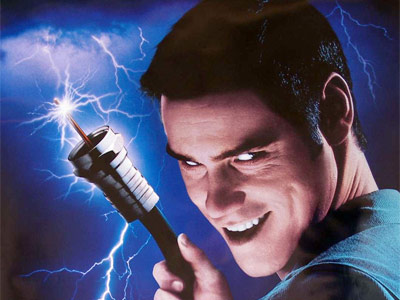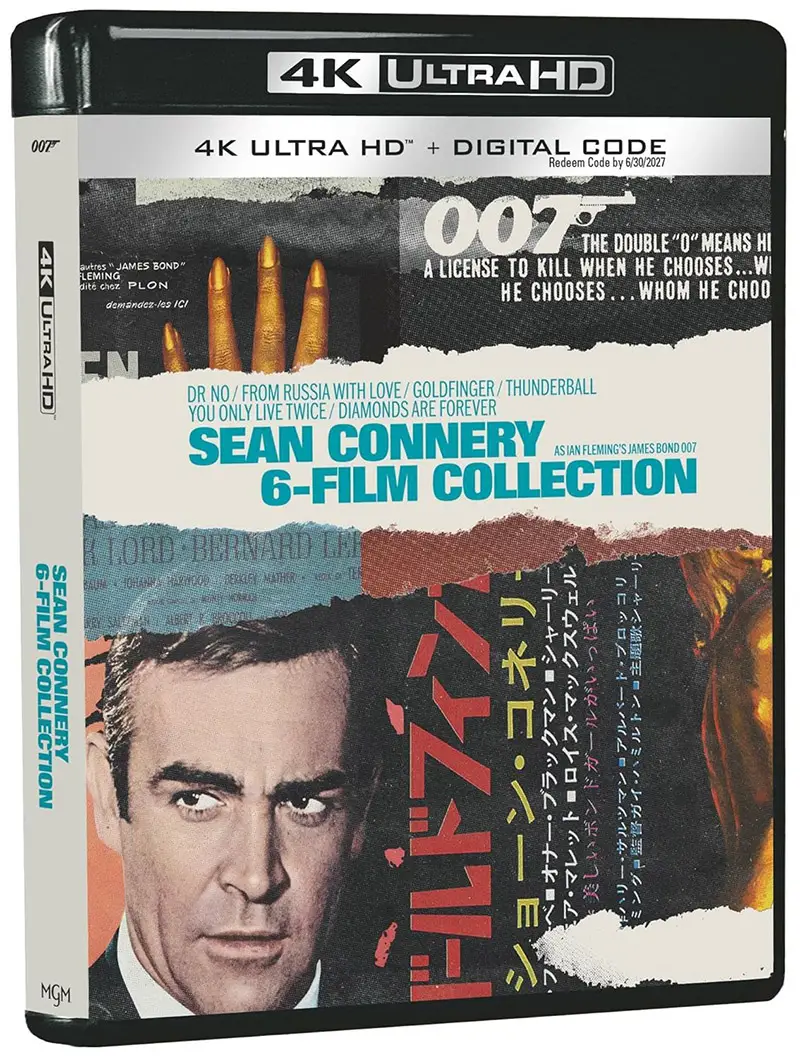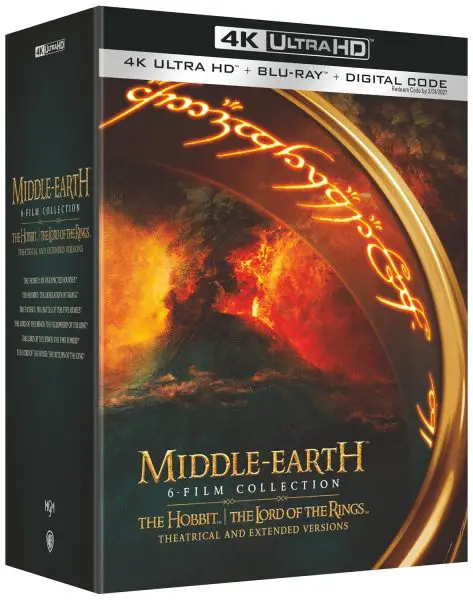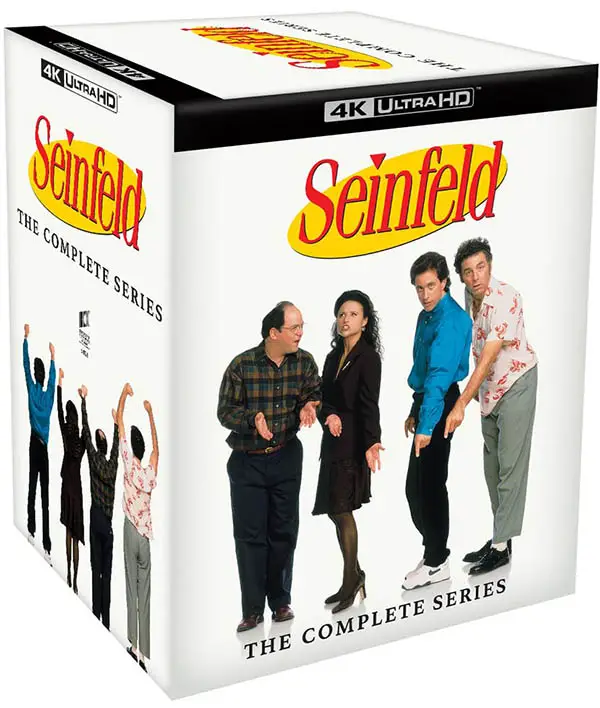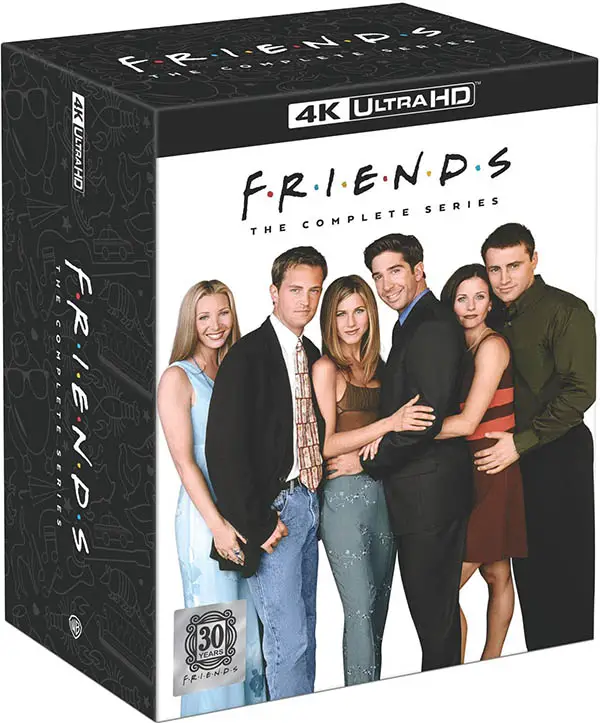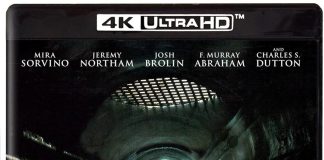 Though the end of cable TV and it’s bundled services still seems just out of reach for many people, some cord-cutters can rejoice today over the deal Sony has made with content provider and global mass-media conglomerate, Viacom, Inc, to stream content from MTV Networks, Comedy Central, Nickelodeon and other premium channels. The deal gives Sony, with their new PS4 console entertainment system soon hitting the marketplace, a chance to further differentiate themselves from their nearest competitor, Microsoft Corp and their upcoming Xbox One system, which also has live TV capability.
Though the end of cable TV and it’s bundled services still seems just out of reach for many people, some cord-cutters can rejoice today over the deal Sony has made with content provider and global mass-media conglomerate, Viacom, Inc, to stream content from MTV Networks, Comedy Central, Nickelodeon and other premium channels. The deal gives Sony, with their new PS4 console entertainment system soon hitting the marketplace, a chance to further differentiate themselves from their nearest competitor, Microsoft Corp and their upcoming Xbox One system, which also has live TV capability.
With more people, especially those under 40, turning to alternatives to cable and satellite TV, Sony is poised to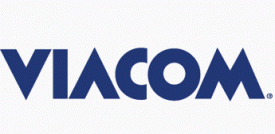 broker more deals of this nature, giving them a chance to become a dominate distributor of movie and TV content. Though the focus of the PlayStation brand has always been on hard-core video gaming with intense graphics and world-building gameplay, Sony has, with the PS3, tried to broaden consumer perceptions about the set-top device, making it more of an all-in-one entertainment center where movies and TV shows can be rented or bought, and other content like apps designed to work more like mobile games can be bought and played.
broker more deals of this nature, giving them a chance to become a dominate distributor of movie and TV content. Though the focus of the PlayStation brand has always been on hard-core video gaming with intense graphics and world-building gameplay, Sony has, with the PS3, tried to broaden consumer perceptions about the set-top device, making it more of an all-in-one entertainment center where movies and TV shows can be rented or bought, and other content like apps designed to work more like mobile games can be bought and played.
While other set-top devices like Roku and Apple TV currently offer movie and TV content from companies formerly tied only to cable networks, such as HBO GO and ESPN, consumers generally need a current cable or satellite TV subscription in order to gain access. Sony’s deal with Viacom will allow them to stream content directly without the need for such a subscription, though Sony’s own streaming TV service will probably require something similar in order to watch premium content.
Many industry analysts are looking at the Sony/Viacom deal as a true disruptor of the current business model, something that other players like Netflix, Amazon and even the content providers themselves (under the Hulu banner) have attempted without much real success. Due to the exclusive deals many cable and satellite providers have with the entertainment conglomerates that provide product, the new players have had trouble wresting control of content away from the older business model of bundled subscription services that provide 100+ channels. While older Americans who pretty much grew up with bundled tiers of cable service seem unwilling to change their ways of consuming entertainment content, many younger viewers are more than happy to cut the cord in order to pay expressly for the content they want at any given time and on any particular device they may be using (such as say, a PS Vita).
While this may be the deal that puts the nails into the coffin of multi-channel bundles and sky-high cable bills, it remains to be seen if this will impact the virtual monopoly on service most cable companies have had in various communities and markets. Sony is already looking to make deals with other entertainment companies like Disney, Warner Brothers and other content providers. It should be noted that the deal Sony has struck with Viacom looks, at least on the surface, to be restrictive in the sense that Sony is being asked to take the entire Viacom channel package, which is a bundled service that Sony may well need to pass on to their own eventual subscribers (“if you want ESPN, you’ll need to take a tier that also includes MTV, etc.”). It also is unlikely that Sony may offer the channels or shows individually as true a la carte offerings. Lastly, and not to be forgotten, is the fact that the gatekeepers of the Internet, for many homes, are still the cable companies themselves… no matter what, it seems, they’ll make their money by offering tiers of broadband service that allow large data video streams to be viewed uninterrupted.

